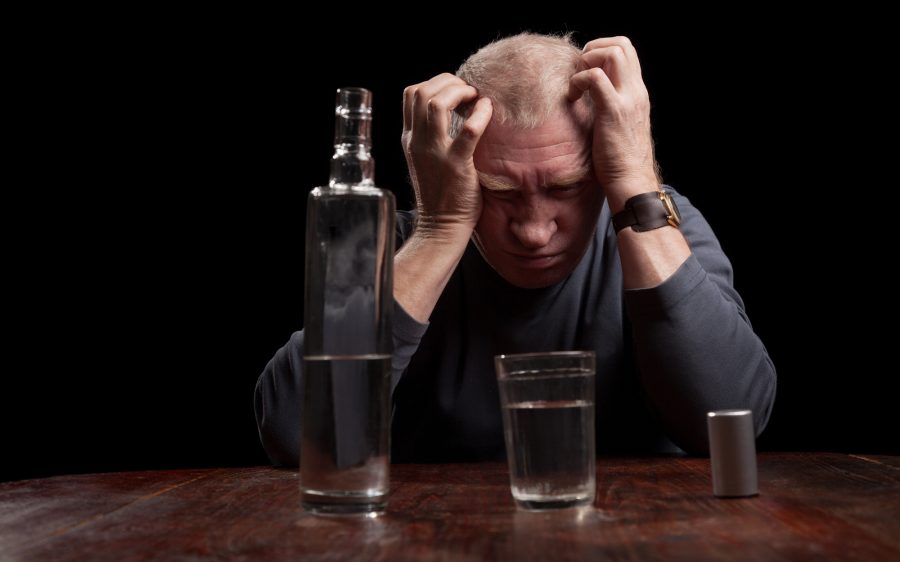Content medically reviewed by Vicky Magobet, PMHNP-BC, on June 14, 2019.
Some people believe the best way they can break a bad habit is just completely cutting it off. If you're quitting anything abruptly from coffee to cocaine, be wary of what you are putting your body through.
The Risks of Quitting Cold Turkey
If you stop taking drugs and alcohol abruptly, it can lead to a number of serious and potentially life-threatening medical conditions, such as heart problems and seizures. You will also experience unpleasant withdrawal symptoms that can be both emotionally and physically painful. If you attempt to quit addictions immediately rather than gradually, your body quickly loses its tolerance to the substance. This presents a higher risk of overdose if you do relapse.
Choosing to escape your addiction is an incredibly brave, wise decision — just make sure you do it in the safest, most effective way possible.
What You Are Missing When You Quit Cold Turkey
When you attempt to quit drugs and/or alcohol cold turkey, you're missing out on many crucial elements of recovery, including:
- Support: In drug detox and rehabilitation centers, clients receive remarkable amounts of therapeutic and medical support. You will also receive support from your peers who are going through the same experience as you. Medical staff members are experts at gradually helping you achieve a state of sobriety. When you quit alone without the essential medical support, you may be confiding in friends or family who don't have the same experience with detox as medical professionals.
- Permanent fix: When you quit on your own, you may not be addressing the root cause of your addiction. Rehabilitation centers focus on addressing more than just the physical act of quitting — they also target the mental aspects of addiction. Without taking the time to address these issues, you may end up relapsing much faster than you think.
- Commitment: You will have to depend on yourself if you decide to do your recovery journey alone. In the end, it is your decision to quit, but the beginning is the hardest time to stay committed. When you have professionals ensuring you take responsibility for your actions, it could be the accountability you need to stay on the right track.
- Medication to aid with detox: When you go through rehabilitation with assistance from medical professionals, they can walk you through your withdrawal symptoms and even administer safe dosages of medications to ease your symptoms, such as anxiety, trembling and disorientation.
Going to a rehabilitation facility or detox center is recommended for recovery because you are put out of your ordinary environment. If your friends and family also partake in drugs or alcohol, it is more tempting to give in to your cravings at home. During rehab, you will have 24/7 access to a professional team who will monitor your vitals, treat uncomfortable withdrawal symptoms and ensure your safety at all times.
Contact Diamond House Detox for the Safest Recovery
Beating your addiction is a commendable choice — and one you need to take seriously in order to succeed. Take the first step to ensure a safe path to recovery by contacting Diamond House Detox online or calling us any time for confidential guidance. Call today for same day admittance at (800) 205-6107.
Vicky is a board certified Family Psychiatric Mental Health Nurse Practitioner, certified by the American Nurses Credentialing Center. She began her nursing career in healthcare by working in the intensive care unit, and then an inpatient psychiatric hospital. After realizing the mental health needs of both the patients and the families she served, she became a Psychiatric Nurse Practitioner. Throughout her experience working with clients, she has developed a passion for those with dual diagnoses and specializes in helping individuals recognize the issues driving their substance use. This recognition has been crucial to the individual’s success in treatment. Vicky opened Diamond House Detox so that she can address these issues early on in a therapeutic environment to allow clients to transition to the next level in their recovery.
Latest posts by Vicky Magobet
(see all)